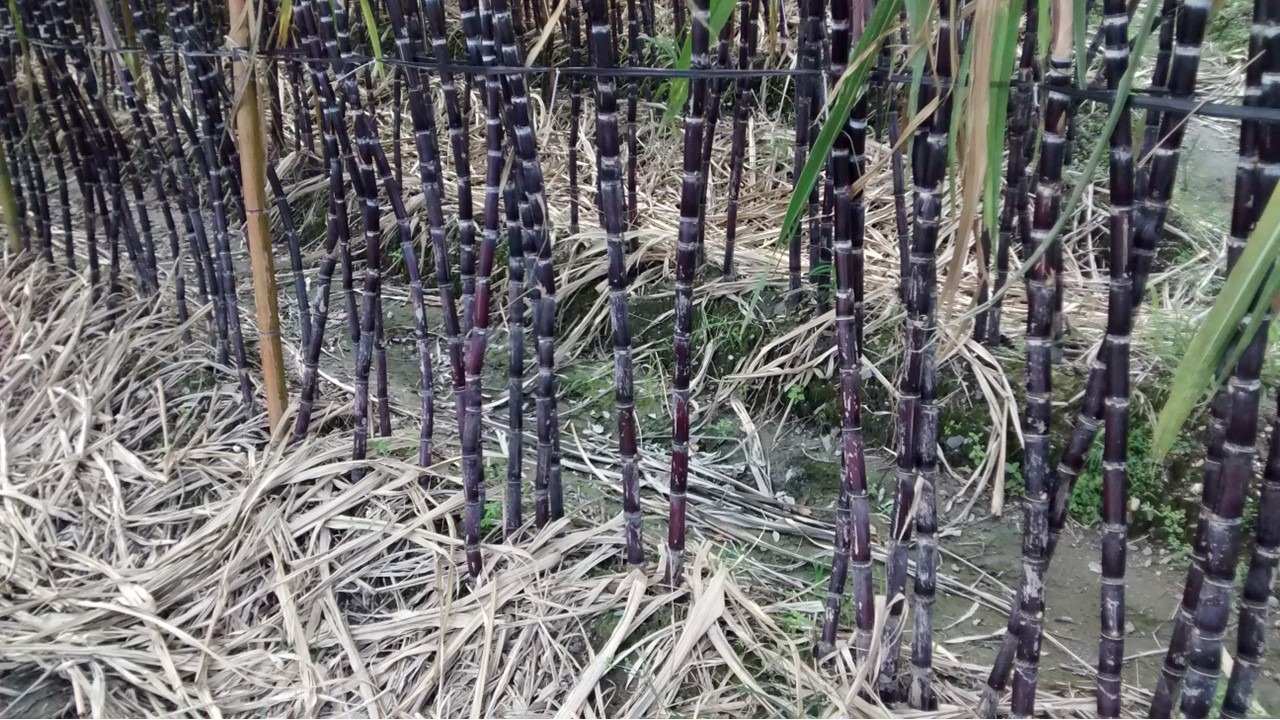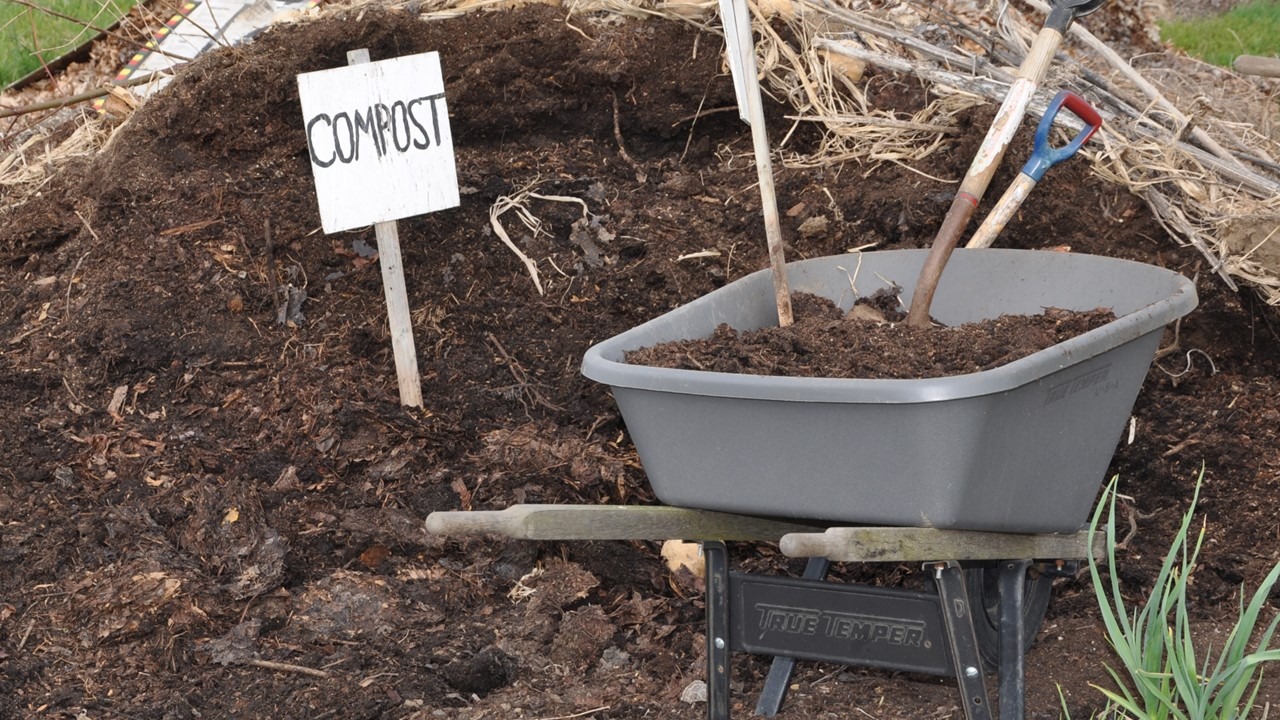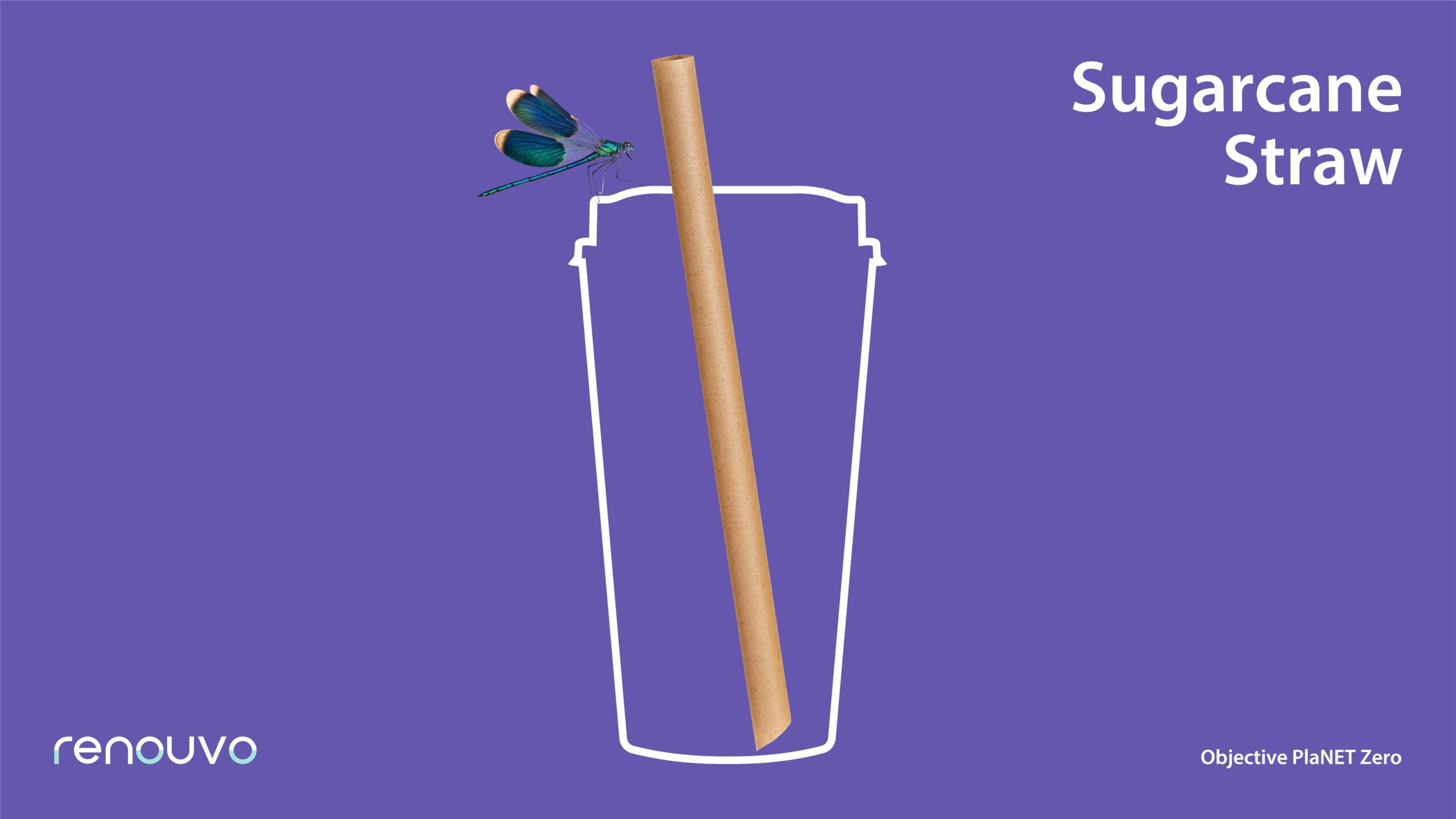What is compostable meaning? People generate a large amount of organic waste every day including leftovers, gardening waste, and paper. Composting allows the organic waste to break down completely and return to the soil. It has thus become one of the most important environmental topics in recent years. Moreover, plastic reduction has been practiced globally in the last decade, and compostable products that can replace plastic ones have flourished. These compostable products mainly emphasize renewable materials and compostability to prevent the problem of microplastics. This article will introduce the meaning of compostable and other common terms such as biodegradable and degradable, enabling readers to understand whether compostable products are under suspicion of greenwashing and helping them to identify genuine eco-friendly compostable products.
The Meaning of Compostable

Being compostable described the characteristics of a substance. It means that after entering an artificial composting system, the substance can be decomposed by microorganisms within a short time, a process that usually lasts several months. Ultimately, the substance is broken down into CO2, water, and nutrients that are free from contamination by heavy metals, chemical substances, or microplastics, and can therefore be used for fertilizing plants or enriching the topsoil. At the same time, net zero or carbon negative can be attained through biomass circulation to realize eco-friendliness.
Currently, people’s composting and recycling mechanism is mainly divided into home composting and industrial/commercial composting. Various compostable products are suited to different composting and recycling mechanisms. If the wrong compostable products are sent to the wrong composting facility, the decomposition rate will be extremely slow, and methane, a strong GHG, will be released in the absence of oxygen, which is not beneficial for the environment. In the subsequent chapters, we will introduce home composting and industrial/commercial composting in greater detail, as well as different products designed with compostability in mind.
The Meaning of Compostable, Biodegradable, and Degradable
Compared to compostable, a term that has only gained popularity in recent years, terms such as biodegradable and degradable were coined some time ago. In the early years, they were used to describe objects that could decompose and disappear after use. In the modern era where the philosophy of the circular economy and compostable products are gradually coming into the spotlight, people are beginning to apply the term compostable to describe products instead of biodegradable and degradable. The meanings of these three terms and their differences are elaborated below.

Compostable
Compostable is used to describe materials or products that can be broken down into non-toxic ingredients within a specific time (current certifications stipulate the time frame to be within one year) in an artificially controlled composting environment. Currently, many third-party certification agencies can assist in the inspection. Meanwhile, government agencies such as the United States Environmental Protection Agency (EPA) also provide a list of compostable product categories. Compared to biodegradable and degradable products, compostable products more eco-friendly.
Biodegradable
Biodegradable is used to describe materials or products that can be decomposed by microorganisms. The process of biodegradation usually takes place in the natural environment, hence there is no common standard for being biodegradable, and, naturally, there are no specific, detailed regulations on decomposition conditions and time. Also, it is impossible to determine if the decomposed substances are harmful to the environment. For example, although petroleum-based plastics take centuries to break down and harmful microplastics are produced during the process, they will eventually be decomposed by microorganisms, so in a broad sense, they are also a type of biodegradable material. Therefore, biodegradability is not necessarily an eco-friendly adjective, and one must observe whether the products possess other descriptions of raw materials, production processes, and disposal methods.
For more information on biodegradability, read this article: WHAT DOES BIODEGRADABLE MEAN DEFINITION OF BIODEGRADABLE.
Degradable
If a material or product is degradable, it means that it can be broken down by biological, photochemical, or chemical means, hence the definition is very vague. For example, oxo-degradable plastic is a type of degradable material, but after breaking down, it is not returned to the soil but forms countless microplastics that can severely contaminate the environment.
Home Composting versus Industrial Composting

People’s current composting methods include home composting and industrial/commercial composting. The basic principle for the compost to decompose involve the following steps:
- Mix nitrogen-rich and carbon-rich materials at a nitrogen-to-carbon ratio of 1:3 (the former includes fresh leaves and leftovers, the latter includes dried leaves and paper)
- Maintain a humidity of 55%
- Turn the compost pile regularly to ensure sufficient aeration
Compost piles that are broken down at home are referred to as home composting. Examples include on-site composting, which involves shoveling composting materials into a pile for composting directly outdoors, compost bins, and worm composting. Home composting is mostly small in scale and does not involve data measurement using sophisticated instruments, so it is impossible to maintain the most appropriate composting conditions. Furthermore, the decomposition speed is relatively slow. On the other hand, industrial composting involves a larger, centralized composting system. Examples include windrow composting characterized by long compost piles, in-vessel composting which involves composting in large containers, and aerated static pile (ASP) composting which features air channels at the bottom of the compost pile. For these methods, various measuring instruments are installed to control the composting parameters in order to efficiently process a wide variety of organic waste from the municipal waste disposal system or agricultural activities.
For more comparisons between industrial composting and home composting, please refer to the article “Home composting versus industrial composting: How they work”.
Understanding Greenwashing: Is the Compostable Label True?
Greenwashing is a marketing tactic adopted by enterprises to embellish their products with environmental jargon, but their products actually have a negative impact on the environment. Usually, these enterprises omit environmental-related details of their products because they do not have concrete evidence to support their environmental claims, thereby misleading consumers and investors into spending more money to support environmentally unfriendly enterprises or products. For instance, printing the word “recyclable” on the product label when in fact only the packaging is recyclable and not the product itself constitutes a form of greenwashing. Greenwashing also occurs in products that claim to be biodegradable; if relevant certifications and decomposition details cannot be provided, there is no way of knowing how to process these biodegradable products to achieve the claimed result of total decomposition. In comparison, certified compostable products can guarantee total decomposition in the right composting environment. Therefore, please make sure the manufacturer can produce compostability certificates bearing the correct product name when purchasing the product.
Recently, some people believe that claiming to be compostable is also one way of greenwashing because compostable products consume more energy during the material acquisition and production stage, and they are also turned into mainly CO2 and water after composting. To address these concerns, manufacturers have presented more detailed scientific data. For example, renouvo commissioned the third-party verification organization BSI to conduct an audit of its product carbon footprint to obtain the carbon footprint certificate and confirm that since the raw materials are derived from agricultural waste, and the production temperature is lower than that of plastics, the carbon emissions of renouvo’s products are also comparatively lower. In addition, the CO2 and water generated after composting are used by new plants during their growth—this is the core concept of a circular economy, where resources are constantly being reintroduced to the environment and reused.
5 Products that are Actually Home Compostable
Compared to industrially composted products, home-composted products are easier to decompose, and there is no need for large industrial composting equipment. To become a home composting material, the product must be extremely eco-friendly. However, due to the relatively lax requirements of the decomposition environment, there are not a lot of certified home compostable products on the market. 6 certified home compostable products that have achieved a steady sales performance are listed below to provide consumers with more eco-friendly alternatives in life.
Home compostable straws
Straws are one of the most frequently used disposable products on the dining table. Since straws become sticky and difficult to clean after coming in contact with beverages, they are not easily recycled. Home compostable straws require no cleaning after use and can be composted directly. An example is renouvo’s TUV OK compost Home-certified bagasse straws.
Home compostable tea bags
Although tea leaves are an ideal composting material, tea bags are not necessarily so. Tea bags are often heat-sealed with plastic. To make recycling more convenient, many manufacturers have launched compostable tea bags, including companies such as Healtheries, which has obtained home compostability certification. These tea bags do not need to be cut open to process the tea leaves separately; simply dispose of them directly into the compost pile to compost.

Healtheries home compostable tea bags, Image: Healtheries
Brown Bags
According to the U.S. EPA’s Composting At Home, uncolored or untreated brown bags are an excellent carbon-rich material, so after they are used for carrying bread, fruit, vegetables, and other foods, brown bags can be used as a home composting material directly.

Image: Flickr
Home compostable garbage bags
Home compostable garbage bags are mainly used for holding leftovers. If compostable materials such as vegetable stems, fruit peels, and tea leaves are packed in home compostable bags, the entire bag can be put into the compost pile for composting. This effectively controls the odor that may be produced while collecting composting materials, making it a convenient and pollution-free alternative.
Home compostable coffee filters
Coffee grounds are a nitrogen-rich material for home composting. They are rich in nutrients and offer great deodorizing performance. Choosing unbleached coffee filters allows coffee grounds to be composted together with the filters after brewing coffee. An example includes If You Care’s home compostable coffee filters.

If You Care home compostable coffee filters, Image: GREENPICKS
How to Choose Compostable Products?
Many products on the market are labeled as compostable, but which ones are compostable products that allow us to return them to the soil via composting? Below are three tips for choosing compostable products to help you steer clear of greenwashing products:

Confirm if the product is certified compostable
Obtaining compostability certification ensures the product’s compostability, hence you can observe whether the product packaging or website contains various compostability labels or certificates. The presence of the said labels or certificates indicates that the products may be properly composted in a certified home or industrial composting environment.
Choose compostable products as suggested by the local municipality
Depending on municipal planning, compostable products may be processed as industrial compost, home compost, or general waste. Inquire with the local government or recycling firms to ensure that compostable products can be adequately processed by the recycling system. Furthermore, non plastic-coated cardboard boxes or compostable products made of thicker home compostable materials might not have applied for compostability certification, so please check with the manufacturer whether these compostable products can be safely composted at home before purchasing.
Choose compostable products with sustainable raw materials first
There is a plethora of compostable product materials including corn starch, timber, bamboo, bagasse, seaweed, and petroleum-based plastics. Choose sustainable raw materials such as the agricultural waste bagasse and timber with FSC® certification to ensure that after the compostable products are returned to the soil through composting, the CO2 generated can be reused by newly produced compostable raw materials in order to achieve a circular economy.
Summary
People are plagued by the problem of plastic pollution. Compostable new materials are one of the solutions to reduce plastic, creating a circular economic chain of biomass through clear and responsible back-end processing methods to mitigate the problem of raw material depletion and excessive waste as a result of the linear economy in the past. Most compostable products use plant-based materials, so they are excellent low-carbon products that minimize CO2 emissions. Let’s support and buy compostable products and engage in composting, so as to fulfill our duty as global citizens while enjoying the convenience brought by various products.















